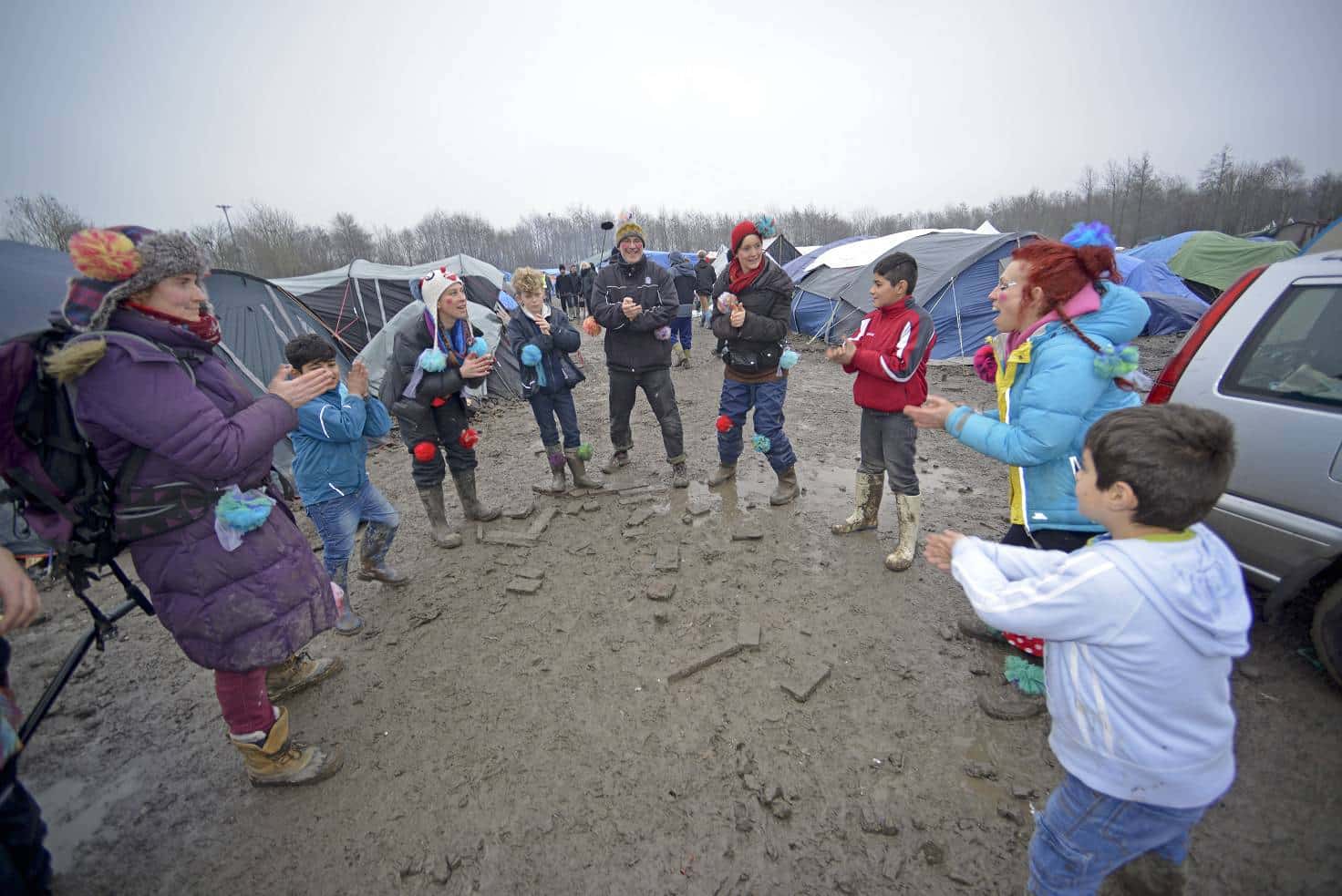Kent has seen a dramatic fall in unaccompanied child asylum seekers arriving in the county, with numbers falling by more than a half in comparison to last year.
But now social services find themselves struggling to cope with the number of these children who have turned 18 and become ‘care leavers’.
The surprising fall in arrivals comes in spite of the priority that was given to helping young refugees during last month’s destruction of the Jungle camp in Calais.
Children were brought to the UK as a matter of urgency, and while most of them had family to join here, vulnerable youths without relatives in Britain could be admitted on humanitarian grounds.
The introduction of the National Transfer Scheme on July 1 has seen Kent’s intake of young asylumseekers fall because it redistributes them from overloaded authorities to those which have unused capacity.
The programme was brought in to ease pressure on social services in areas which suffered a disproportionate influx – such as Kent and Croydon in particular.
By April this year more than 4,000 child refugees had been granted asylum. Many of these were brought directly from refugee camps in the Middle East.
Kent County Council (KCC) reports 357 unaccompanied children entering Kent in the first ten months of this year compared with 856 in 2015 – a fall of 58 per cent.
In October, there were 17 arrivals – the lowest monthly figure for two years – compared to 212 for the same month last year.
Meanwhile 115 young people had been dispersed via the National Transfer Scheme (NTS) – even though it is voluntary for local authorities to offer their capacity.
Yet Kent is still has 730 children in its care under the age of 18, which is 500 more than it should be accommodating under the established thresholds.
And now there are now more than 600 who have reached their 18th birthday and are therefore excluded from the dispersal scheme, which means they stay in Kent.
‘This issue has been exacerbated by the disproportionate numbers who were taken into care in the county aged 16 or 17 last year.
The author of KCC’s Unaccompanied Asylum Seeking Children – Update Report is Emily Perkins, Executive Officer for West Kent Specialist Children’s Services.
She says: “”In light of the NTS, it is predicted over the coming months and years that numbers of children who have sought or are seeking asylum in Kent’s care will continue to decrease.
But she adds: “The numbers of 18-plus young people supported by the Council’s Leaving Care services is expected to grow to nearly 1,000 by the end of 2017.”
“As a result of the unprecedented number of children who arrived into Kent’s care in 2015, the Care Leaving Service is currently seeing a rapid increase in demand.”
The arguments about levels of refugee immigration have already been affected by opinion that many of the ‘children’ who are being accepted are over the age of 18.
Ms Perkins report was produced partly in response to the fallout from the French government’s dismantling of the makeshift camp in Calais.
She said: “There is concern that some children and adults will take this opportunity to make another attempt to reach the UK hidden in lorries – putting themselves at significant risk of harm, not just from the vehicles, but also from smugglers and traffickers.”
Unaccompanied Asylum Seeking Children (UASC) are currently waiting on average around three weeks in Kent before being moved on to another local authority.
Since NTS dispersal began, 149 have been referred to KCC, while 101 others have been transferred to the care of 36 other local authorities.
But the combination of accepting children far beyond capacity in the past and coping with the large numbers who are ‘aging out’ now has had further ramifications.
It has led to KCC negotiating with central government in order to gain exemption from the so-called ‘Dubs Amendment’.
This policy, which was also approved by Parliament in the summer, is designed to safeguard UASCs who do not have family links in the UK.
The landmark agreement, forced through by the Labour peer and former child refugee Lord Dubs, committed the government to relocate vulnerable child refugees.
It is estimated that 500 were eligible in the Jungle camp. Many were kept there in converted shipping containers as their claims to enter the UK were processed.
Ms Perkins said: “Due to the ‘legacy’ of both UASC children in care and growing numbers of eligible former-UASC care leavers we are already looking after and accommodating, the county is unable to support further unaccompanied children entering the UK under the Dubs Amendment.








